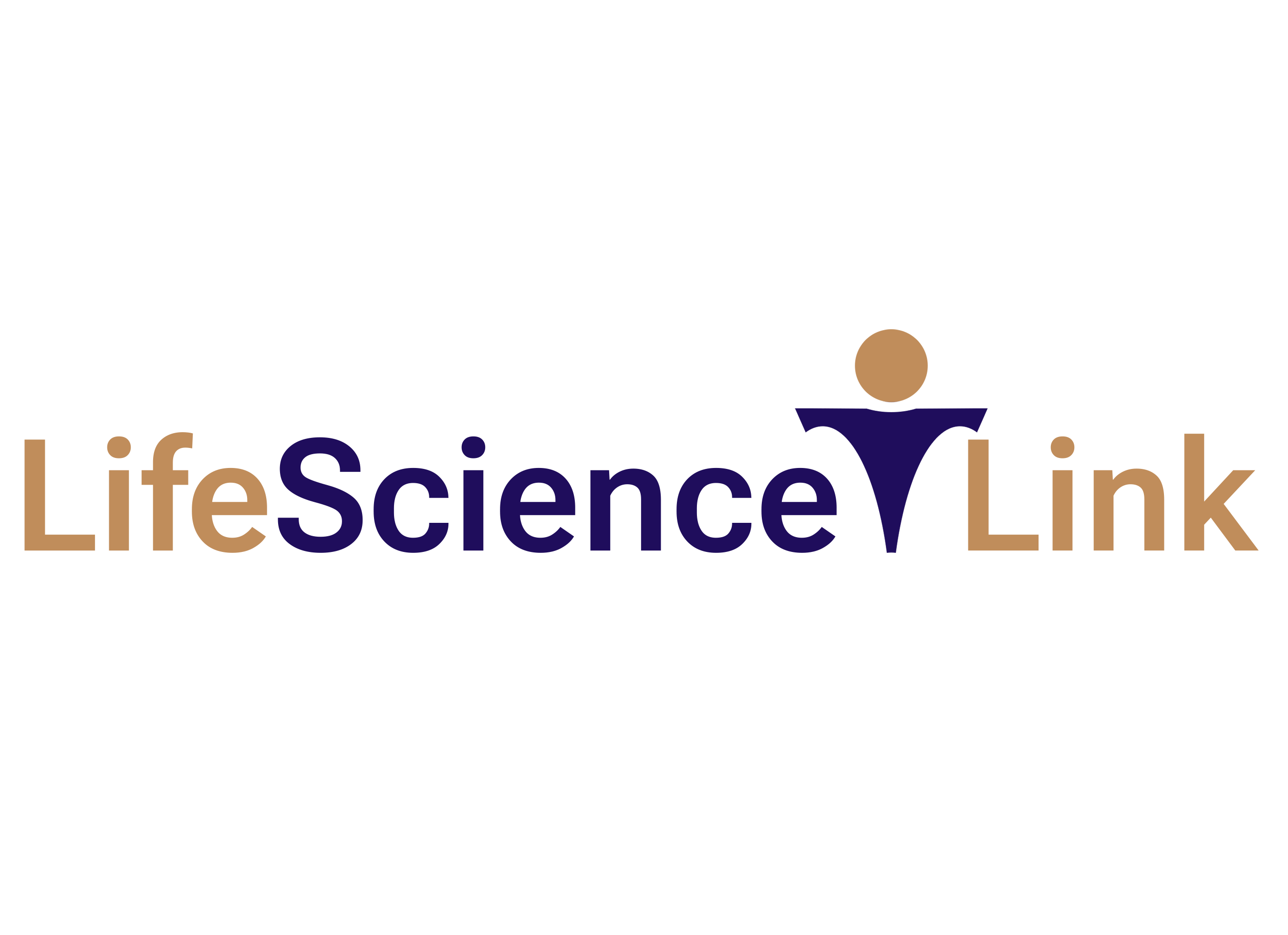Introduction
In the dynamic landscape of clinical research, the ability to attract and retain top-tier talent is critical for the success of Clinical Research Organizations (CROs). As the demand for specialized expertise continues to grow, CROs are faced with the challenge of sourcing qualified professionals efficiently and effectively. In this article, we explore the rationale behind enlisting Recruiter Companies for talent acquisition needs in CROs, highlighting the benefits and strategies for optimizing recruitment processes.
The Importance of Talent Acquisition in CROs
Talent acquisition plays a pivotal role in driving innovation, efficiency, and competitiveness in CROs. With the pharmaceutical and biopharmaceutical industries undergoing rapid transformation, the need for skilled professionals in areas such as clinical research, data management, regulatory affairs, and project management has never been greater. Moreover, the success of clinical trials hinges on the expertise and capabilities of the individuals involved, making talent acquisition a strategic imperative for CROs seeking to deliver high-quality services and solutions to their clients.
Challenges in Talent Acquisition for CROs
Despite the critical importance of talent acquisition, CROs face numerous challenges in sourcing and recruiting qualified candidates. These challenges include:
- Talent Shortages: The scarcity of experienced professionals in specialized fields such as biostatistics, clinical monitoring, and medical writing presents a significant barrier to talent acquisition for CROs.
- Competition for Talent: CROs must compete with pharmaceutical companies, academic institutions, and other healthcare organizations for top-tier talent, leading to increased competition and talent acquisition costs.
- Complex Hiring Processes: The complexity of clinical research roles, coupled with stringent regulatory requirements, necessitates thorough screening and evaluation processes, resulting in extended hiring timelines and resource-intensive recruitment efforts.
- Global Talent Acquisition: As clinical trials become increasingly globalized, CROs must navigate diverse regulatory landscapes and cultural nuances in talent acquisition, requiring specialized expertise and resources.
Benefits of Enlisting Recruiter Companies
Recruiter Companies offer specialized expertise, industry insights, and extensive networks that can streamline talent acquisition processes and address the challenges faced by CROs. The benefits of enlisting Recruiter Companies include:
- Access to Specialized Talent Pools: Recruiter Companies have access to vast networks of qualified professionals with expertise in clinical research and related fields. By leveraging these networks, CROs can tap into specialized talent pools and identify candidates with the skills and experience required for specific roles.
- Efficiency and Speed: Recruiter Companies employ streamlined recruitment processes and advanced sourcing techniques to identify, screen, and onboard candidates efficiently. This results in shorter hiring timelines and faster access to qualified talent, enabling CROs to meet project deadlines and client expectations.
- Industry Insights and Expertise: Recruiter Companies possess in-depth knowledge of the clinical research industry, including emerging trends, regulatory requirements, and market dynamics. This expertise allows them to tailor recruitment strategies to the unique needs of CROs and provide valuable insights into talent market trends and competitive landscape.
- Global Reach and Compliance: Recruiter Companies operate on a global scale and are well-versed in navigating diverse regulatory environments and cultural nuances in talent acquisition. This enables CROs to access talent from across geographies while ensuring compliance with local regulations and industry standards.
Strategies for Optimizing Recruitment Processes
To maximize the benefits of enlisting Recruiter Companies for talent acquisition, CROs can adopt the following strategies:
- Partnership and Collaboration: Foster close partnerships with Recruiter Companies that specialize in the clinical research industry and understand the unique talent needs and challenges faced by CROs. Collaborate closely with Recruiter Companies to develop tailored recruitment strategies and align hiring initiatives with business objectives.
- Clear Communication and Expectations: Clearly communicate your talent requirements, organizational culture, and hiring expectations to Recruiter Companies to ensure alignment and transparency throughout the recruitment process. Provide timely feedback and updates to facilitate seamless collaboration and optimize candidate sourcing and selection.
- Utilize Technology and Data Analytics: Leverage advanced technology platforms and data analytics tools to streamline recruitment workflows, track key performance metrics, and identify areas for improvement in talent acquisition processes. Invest in applicant tracking systems, candidate assessment tools, and predictive analytics solutions to enhance efficiency and decision-making in recruitment.
- Continuous Improvement and Evaluation: Continuously evaluate and refine recruitment strategies based on performance metrics, candidate feedback, and market trends. Solicit input from Recruiter Companies, internal stakeholders, and hiring managers to identify areas for improvement and implement best practices in talent acquisition.
Conclusion
In conclusion, Recruiter Companies play a pivotal role in enhancing talent acquisition processes for Clinical Research Organizations. By leveraging specialized expertise, industry insights, and global networks, Recruiter Companies enable CROs to access specialized talent pools, streamline recruitment processes, and remain competitive in a rapidly evolving industry landscape. By adopting a strategic and collaborative approach to talent acquisition, CROs can optimize recruitment outcomes, drive organizational success, and deliver value to clients and stakeholders alike.

